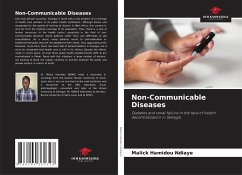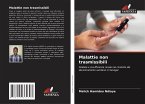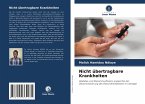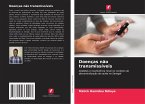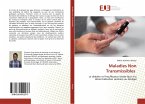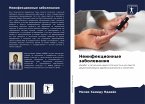Like most African countries, Senegal is faced with a real problem of a shortage of health care workers in its public health institutions. Although known and recognized for the quality of training of doctors in West Africa, this country is very far from the medical coverage of its population. Thus, there is a lack of human resources in the health sector, especially in the field of non-communicable diseases where patients suffer from real difficulties to get consultations. As a result, many patients resort to self-medication or traditional therapies that are not adapted to their needs, thus aggravating their illnesses. Since then, there has been talk of decentralization in Senegal, but it must be recognized that health care is still in its infancy. Despite the efforts made in recent years, all level three public health establishments (EPS 3) are concentrated in Dakar. Faced with this situation, a large number of doctors, not wanting to leave the capital, continue to practice between the public and private sectors in search of profit.
Bitte wählen Sie Ihr Anliegen aus.
Rechnungen
Retourenschein anfordern
Bestellstatus
Storno

